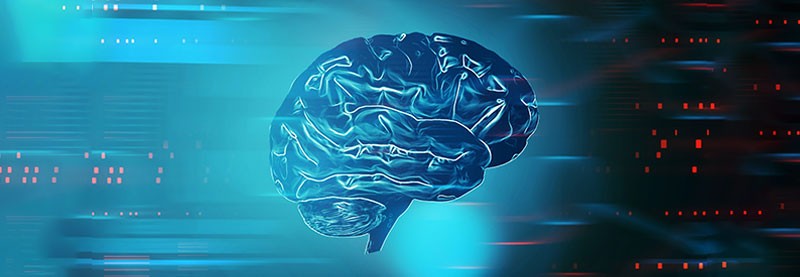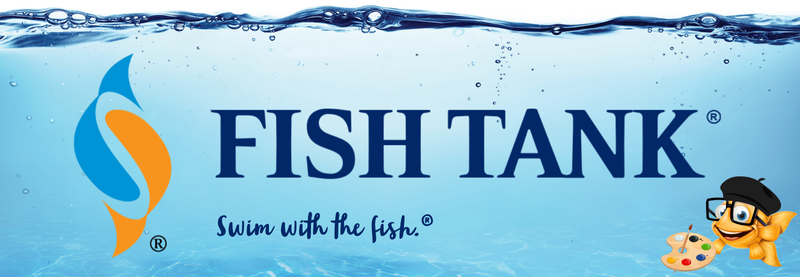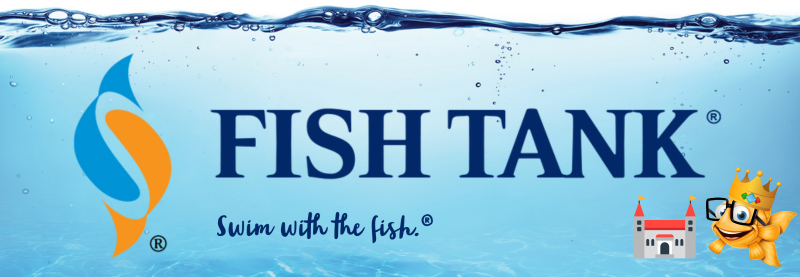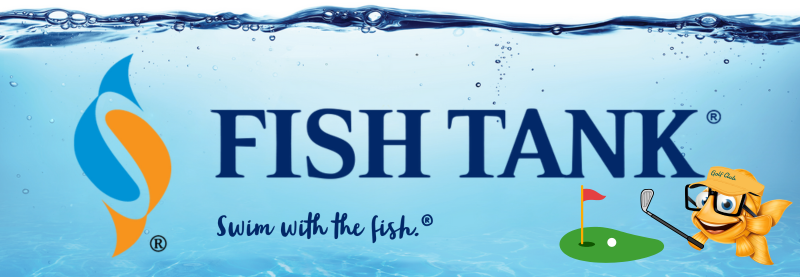Intellectual Property Insights from Fishman Stewart PLLC
Newsletter – Volume 23, Issue 16
Share on Social
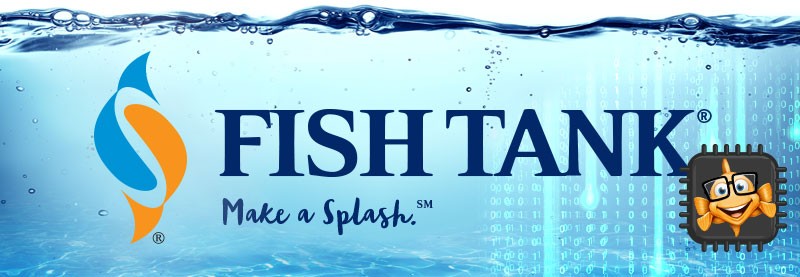
Your Guide to Generative AI
By Kristyn Webb
The words “generative artificial intelligence” or “generative AI” have been crowding headlines for months with stories about the potential benefits and perils to humans. This article breaks down the top questions and answers we encounter regarding AI and intellectual property:
1. What is generative AI?
Generally, “artificial intelligence” or “AI” refers to the ability of a computer or machine to perform tasks usually associated with intelligent beings. There are different types of AI machines which vary in sophistication and function. For example, “reactive machines” provide outputs based on the inputs received. Reactive AI systems are often designed for specific tasks or domains and do not possess the ability to generalize beyond their predefined functions. They typically rely on rule-based systems or pre-defined algorithms that dictate how they respond to specific inputs. Think of Deep Blue, the IBM supercomputer that beat chess Grand Master Gary Kasparov in 1997. Deep Blue was designed and programmed to consider up to 200 million possible chess positions per second. It combined this processing power with sophisticated algorithms and search techniques to choose the best moves and strategies.
Generative AI, on the other hand, focuses on generating new and original content based on patterns and examples from existing data. It aims to create outputs that resemble the training data while incorporating variations and novel elements. For example, ChatGPT (GPT stands for “Generative Pre-trained Transformer”) is trained on a large corpus of text data from the internet. It learns to predict the next word in a sentence based on the context provided by the preceding words. ChatGPT interacts with users who input a prompt or message and uses its training to generate a relevant text response. ChatGPT may be used to generate anything from song lyrics, to student essays, to computer code.
Other generative AI models, like DALL•E2 (short for “Diverse All-scale and Latent with Explicit Semantics”), Midjourney, and Stable Diffusion, create images from textual prompts from users. One work generated by Midjourney was so good, it won an art prize.
2. What are the IP issues involved with generative AI?
There are numerous IP issues that arise in the context of generative AI. One issue involves the training model, and whether the unauthorized use of copyright-protected works to train the programs is legal. Some jurisdictions, like Japan, Singapore, South Korea, Malaysia, Israel, and Taiwan have passed laws and regulations that permit use of copyrighted works to train AI machines subject to certain conditions. Other jurisdictions, like the UK and EU, are considering whether reforms must be made to existing laws to balance the interests of rightsholders against the interests of the tech industry.
In the US, the same battle is being waged in courtrooms. Alphabet’s Google, Stability AI, Midjourney, and other generative AI machine owners are facing numerous lawsuits regarding the use of copyrighted content to train their AI machines. While the litigation is in its early days, a key issue will be whether use of the content falls under the umbrella of permitted “fair use”—which allows for unlicensed use of a copyrighted work in some circumstances.
Another issue that arises concerns whether the output generated by an AI machine is protected by copyright law. In the US, this issue remains somewhat unsettled. While the Copyright Office has issued guidance on the registrable human-made elements of such works, litigation over the issue is ongoing for works made entirely by computer. In the UK, however, copyright law protects works generated by a computer where there is no human creator and vests in the person who made the necessary arrangements to create the work (either the user putting in the prompts or the owner of the technology platform). In China, copyright protection for such works may vest in the AI software developer.
Other issues regarding the collection and use of user data has prompted investigations, suspensions, and outright bans of AI platforms in countries around the world.
3. What are some practical impacts of AI?
Many stakeholders and commentators have stated that AI will save the world or that it will destroy it. Technologically, a robot uprising apocalypse may be a long way off on the horizon. The more immediate concerns are to jobs. Will AI-generated content, like music, art, literature, animation, computer programming, etc., displace human employees in creative, technological, and manufacturing industries? Predictions among experts are varied. In other words, nobody knows. But with any new technology, global economies and labor markets are likely in for a shake up in the coming years as AI generative technologies develop and proliferate.
In the meantime, because each jurisdiction takes a different approach to balancing the interests of IP rightsholders and emerging technologies, we may see some geopolitics come into play. Tech companies in the AI space may seek out jurisdictions where laws and regulations are more developed and protective of AI technologies over jurisdictions where legal uncertainty may stifle innovation.
Kristyn Webb is the Group Leader of Fishman Stewart’s Copyright Practice Group, and is currently earning a Master’s Degree in Copyright Law at King’s College London.
Related Content from Fishman Stewart
People have long pondered whether or not the Giza pyramids were indeed solely burial chambers, which was the only known, and archaeologically determined, use—until now.
As the story goes, Klein was so taken with the indescribable blue of the sky over the Mediterranean in Nice, France, that he dedicated his artistic talent developing a blue that would imbue the canvas with this color in its purest form.
Despite her pseudo-legal background in Suits, Meghan has been running into one issue after another in her efforts to register the trademark and logo for her new lifestyle company, for now, called “AS EVER”.
By 1930, efforts began in New York to replace Mother's Day with Parent's Day because men were more than just breadwinners. Those efforts didn't catch on, probably because in that era, women often spent more time in the home.
In February, Nike and Skims announced that they will be working together on a new brand, NikeSkims. The co-brand will create a new line of training apparel, footwear, and accessories specifically designed to meet the unique needs of women athletes.
Generally, federal courts have exclusive jurisdiction over copyright cases, and often, this presents an insurmountable paywall for individual artists and small businesses to vindicate their rights, especially where the value of the individual copyrighted works are relatively low.
Dedicated to raising public awareness about the importance of encouraging innovation and creativity throughout the world, the World Intellectual Property Organization (WIPO) annually observes World Intellectual Property Day on April 26 to showcase the role that patents, trademarks, industrial designs, copyrights and trade secrets play in our everyday lives.
Hold onto your foam fingers, sports fans – college sports just got a whole lot more interesting! The latest updates to Name, Image, and Likeness (NIL) rules are making student-athletes bigger than ever, and it’s not just about the game anymore.
Did a federal court in Louisiana recently decide that US copyrights are global rights? It seems so.
L.A.B. Golf aims to protect its innovations, and therefore its market position, owning three patents for its zero-torque design. The question now is whether L.A.B. Golf can withstand the wave of copycat designs.
IDENTIFYING, SECURING AND ADVANCING CREATIVITY®


